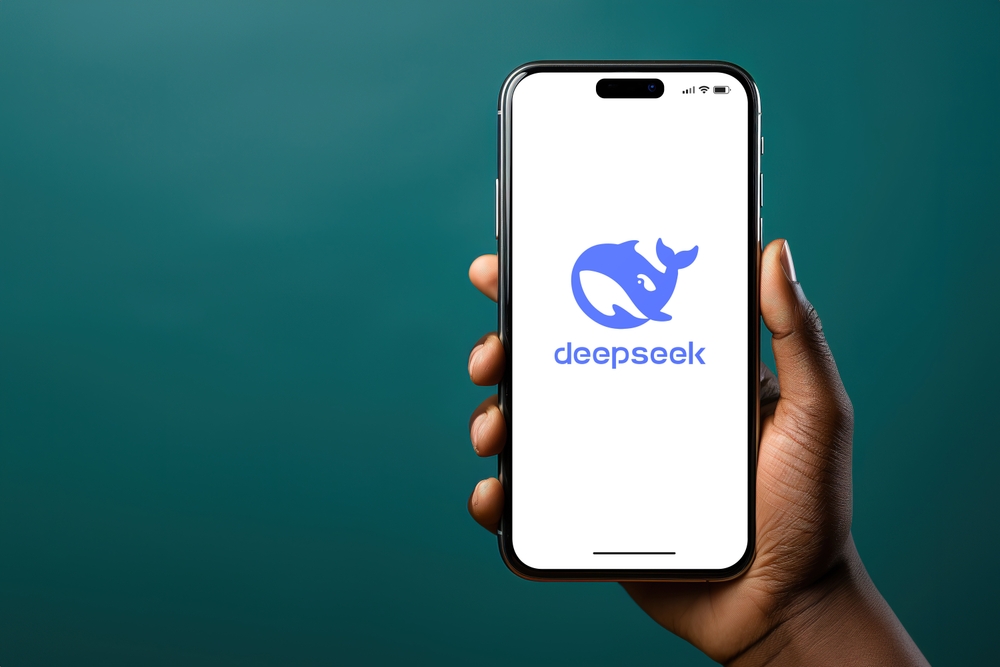If you haven’t heard of DeepSeek AI yet, you’re about to. This Chinese-developed chatbot has exploded in popularity over the last few months — so much so that it briefly overtook ChatGPT on the U.S. App Store charts. But while Gen Z is busy testing it out, global governments are scrambling to block it.
This isn’t just another AI trend — it’s a tech power move that’s shaking the U.S.-China rivalry, and it could change how we use artificial intelligence forever.
What makes DeepSeek different from ChatGPT
Think of it as China’s answer to ChatGPT — but faster, cheaper, and wide open. Developed in Hangzhou, DeepSeek’s large language models are fully open source, meaning anyone can use, tweak, and deploy them.
Unlike GPT-4, which cost over $100 million to train, DeepSeek’s powerful V3 model was reportedly trained for around $5.6 million. That price tag alone is blowing minds in the AI community and proving that innovation doesn’t always require massive budgets.
The technical breakthrough here is huge. DeepSeek managed to create competitive AI models while spending a fraction of what U.S. companies invested. It’s making everyone in Silicon Valley question their assumptions about AI development costs.
Why everyone’s talking about it right now
Because it’s hitting all the right notes for users who are tired of AI paywalls and limitations. The app is free to use with an MIT license, fast and lightweight so it runs on less powerful chips, and surprisingly smart, scoring 87% or higher on math, logic, and reasoning tests.
Gen Z users are posting side-by-side comparisons with ChatGPT on TikTok, and the results are impressive. Major tech firms like AWS and Microsoft are even running cost-saving trials with DeepSeek’s models.
The buzz is real because people are finding that this “underdog” AI can compete with the big names — and they’re not paying premium prices for it.
The privacy concerns that have governments worried
Here’s where things get complicated. Germany just asked Apple and Google to pull DeepSeek from their app stores, citing concerns about user data transfer to China. The Netherlands, Italy, and Taiwan are also reviewing potential bans.
In the U.S., federal agencies are warning employees not to use the app on government devices. Why? DeepSeek’s user data is reportedly processed on servers that aren’t fully transparent — raising concerns about surveillance, tracking, and potential data leaks.
And it doesn’t help that millions of chat logs and API secrets were exposed in a major security breach earlier this year. When you’re dealing with sensitive conversations, that’s not exactly reassuring.
What this means for regular users
Let’s get real. Most users don’t care where an app comes from — they care if it works. And DeepSeek does. It’s fast, responsive, and smarter than many expected. But before you start telling it your secrets, know this:
You don’t fully know where your data is going. Governments are moving to ban or limit its use. U.S.-China tech tensions could make it vanish overnight from app stores.
Still, people are downloading it in droves — because curiosity always wins. The app represents something bigger than just another chatbot. It’s proof that AI innovation isn’t limited to Silicon Valley, and that open-source models can compete with proprietary ones.
The bigger picture beyond the hype
This whole situation highlights how AI has become the new battleground for global tech dominance. Countries are realizing that controlling AI development means controlling the future of technology, data, and potentially national security.
For users caught in the middle, it’s a reminder that our digital choices have geopolitical consequences. The AI tools we use today could shape the tech landscape for decades to come. DeepSeek might just be the beginning of a much larger conversation about who controls artificial intelligence and how we balance innovation with security.


1 Comment
zod73c